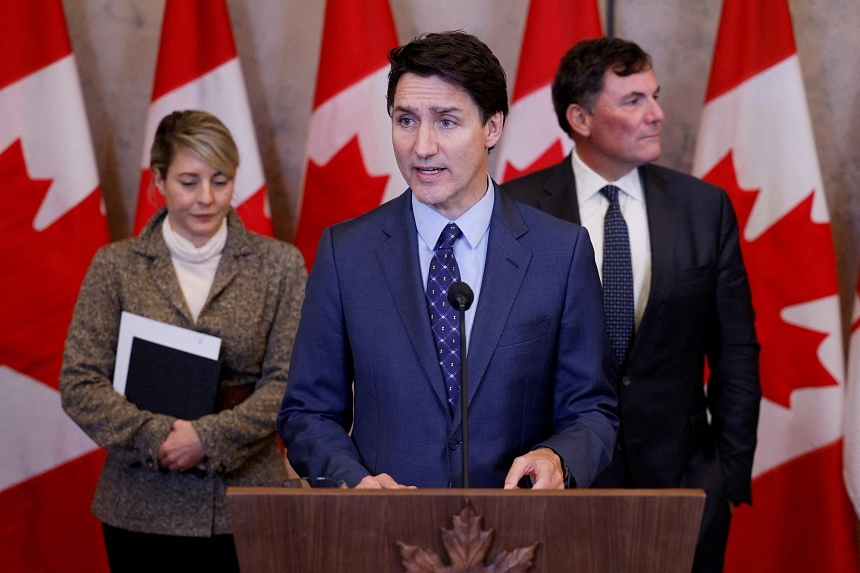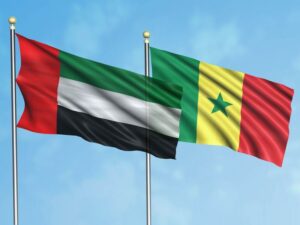Despite Canadian Prime Minister Justin Trudeau’s explosive allegations about India’s involvement in illegal activities on Canadian soil, the US and UK are pushing forward with their partnerships with Indian Prime Minister Narendra Modi’s government. Trudeau claims that Indian diplomats have been involved in intelligence gathering on Sikh separatists living in Canada, accusing them of threatening, extorting, and even killing members of the diaspora.
These accusations, supported by statements from Canada’s national police, stem from an ongoing dispute that began when Trudeau accused India of playing a role in the murder of a Sikh activist in British Columbia. On October 14, Canada escalated the situation by expelling six Indian diplomats after India refused to waive their immunity for questioning. In response, India ordered six Canadian diplomats to leave the country.
Western Allies Proceed Cautiously
While Trudeau’s claims could strain India’s relations with Western allies, the US and UK have maintained a measured stance, signaling no significant shifts in their policies towards New Delhi. The US State Department acknowledged the gravity of the allegations but emphasized the importance of its strategic relationship with India. “We have made clear that the allegations are extremely serious… We’ve wanted to see the government of India cooperate with Canada in its investigation,” said US State Department spokesman Matthew Miller. However, he also reinforced India’s role as a “strong partner” and a key player in the Indo-Pacific region.
Similarly, UK Prime Minister Keir Starmer discussed the developments with Trudeau, but the official readout from Downing Street made no direct mention of India. Instead, it reaffirmed the commitment to the rule of law and maintaining close contact as the investigation unfolds.
New Zealand Foreign Minister Winston Peters also refrained from naming India in his statement but emphasized that the alleged criminal conduct, if proven, would be concerning.
India’s Strategic Importance
Despite Trudeau’s accusations, Western nations, particularly the US and UK, continue to prioritize their strategic relationships with India. Both countries see India as a critical counterweight to China in the Indo-Pacific region. The UK is in pursuit of a free trade agreement with India, while the US has forged partnerships with New Delhi in areas such as defense, clean technology, and energy.
India, despite international scrutiny, remains crucial to the broader geopolitical landscape. Washington’s approach to similar allegations has been one of “quiet diplomacy.” The US is already grappling with its own accusations of an Indian plot to assassinate a Sikh separatist on American soil. In this case, the US has reportedly pursued cooperation over confrontation, which experts say has been somewhat effective.
Internal Indian Inquiry and Broader Implications
In response to a US accusation that an Indian agent ordered the assassination of Gurpatwant Singh Pannun, an American Sikh separatist, India has reportedly launched an internal investigation. The probe, according to reports, found rogue agents responsible, leading to the removal of several officials from India’s spy agency. However, India has initiated no such inquiry regarding the Canadian allegations. Trudeau noted that India has responded with denial and deflection rather than addressing the accusations directly.
While the US’ handling of its allegations against India may differ due to its superpower status, experts like Vina Nadjibulla, Vice-President of Research and Strategy at the Asia Pacific Foundation of Canada, suggest that the US has opted for cooperation over public shaming, and this strategy has yielded some results.
As the fallout continues, Western nations will likely face growing questions about the extent of Indian diplomatic activities in other countries with significant Sikh populations, a matter that, for now, remains a delicate balancing act for both India’s allies and critics.





